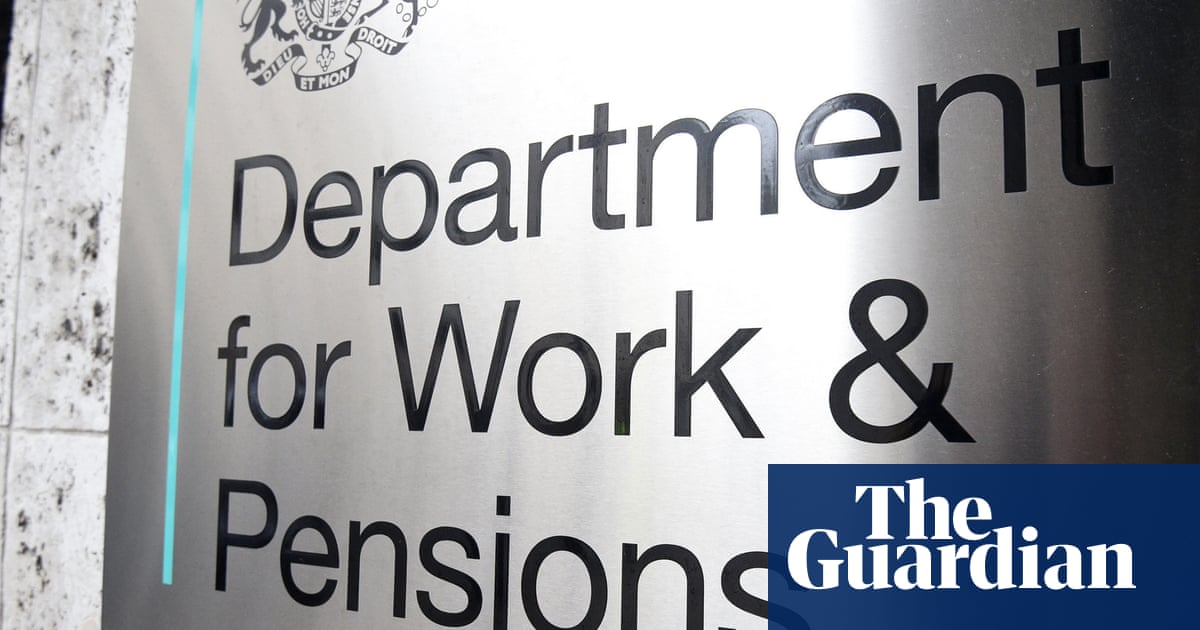A cross-party committee of MPs has called for greater protections for vulnerable benefit claimants after hundreds of cases of deaths and serious harms linked to safeguarding failures by welfare officials.
The work and pensions select committee said many of these cases, which include instances where claimants took their own lives, could have been prevented had the Department for Work and Pensions (DWP) discharged its responsibilities effectively.
It cited the cases of Errol Graham, a disabled man with a long history of mental illness, whostarved to death in 2018after his benefits were cut off, and Philippa Day, a motherwrongly deprived of disability benefitsfor months, who died in 2019 after taking an overdose.
In both instances, coroners identified failures by DWP officials to properly take into account the acute difficulties both claimants faced in engaging with a benefits system they had found to be alienating and unsupportive.
These high-profile cases, and the DWP’s prioritisation of cost-cutting over “genuine care and support” for vulnerable people in recent years, had “sorely damaged” public and claimant trust in the system, the committee said.
It published testimonies from benefit claimants saying their interactions with the DWP made them anxious, stressed and traumatised. One said it felt as if “a system that is meant to wrap its arms around us is strangling us”.
Social security policies such asbenefit sanctionsanddeductionswere too often misapplied to vulnerable claimants, the committee said, leaving those individuals facing substantial hardship and putting them at risk of harm.
The committee chair, Labour’s Debbie Abrahams, said “deep-rooted” cultural change in the DWP was desperately needed to improve its treatment of vulnerable claimants.
“That people continue to face harm after dealing with the DWP is a self-evident failure of safeguarding in the system,” she said. “We heard evidence that the process of engaging with the DWP itself too often led to mental distress. Where this led to not being able to get financial support, many had paid the ultimate price.”
Since 2020 at least 240 internal DWP reviews have been carried out into deaths or cases of serious harms where actions or omissions by officials may have been a factor, the committee said. On nine occasions since 2013, coroners have issued the DWP with formal reports recommending action to prevent future claimant deaths.
However, the impact of DWP safeguarding deficiencies was not properly understood within the department, the committee concluded. “We remain concerned that the true scale of deaths and serious harms of vulnerable claimants is currently unknown,” it said.
The committee called for an independent scrutiny body to be created to investigate serious safeguarding failures and take appropriate action, amid concerns that the DWP was “marking its own homework” over cases it may have mishandled.
Sign up toHeadlines UK
Get the day’s headlines and highlights emailed direct to you every morning
after newsletter promotion
The committee recommended that a legal duty to safeguard vulnerable claimants should be imposed on the DWP. Although in the past ministers have resisted the suggestion, the work and pensions secretary, Liz Kendall,told MPs last Novembershe was open to the idea.
“A statutory safeguarding duty would help to drive and embed culture change in the department, support the consistent delivery of safeguarding practices, and improve accountability should failures occur,” the committee said.
The chief executive of the charity Rethink Mental Illness, Mark Winstanley, said a statutory DWP safeguarding duty would improve accountability. “For too long, vulnerable people living with mental illness have suffered devastating harm and lost their lives due to failures in the benefits system,” he said.
A DWP spokesperson said: “This government is committed to protecting the people who use our services and fixing the broken welfare system we inherited so it works for those who need it. That’s why we are currently consulting on a new safeguarding approach, and our reforms will improve people’s lives and rebuild trust by establishing an approach that genuinely supports vulnerable people.
“As we deliver our plan for change, we encourage people to have their voices heard through our consultation so we can build a safeguarding approach that works better for all.”
